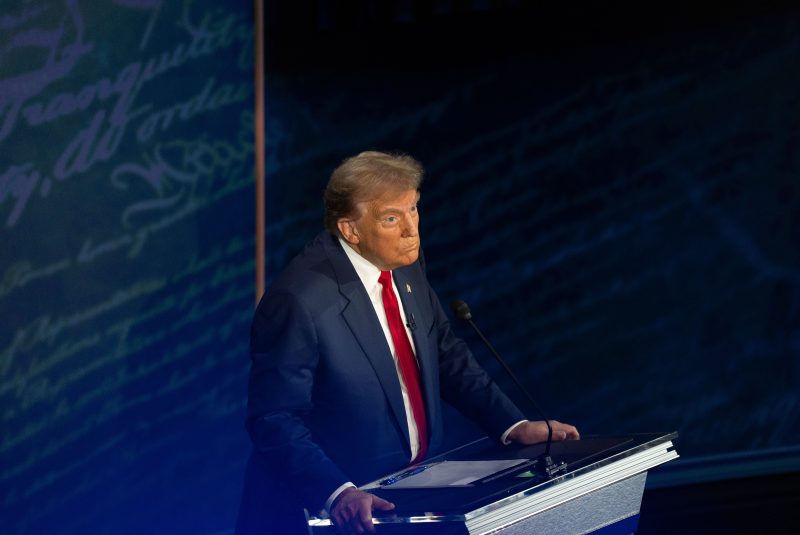In a landscape of rapidly evolving information and instant communication, the concept of fact-checking has taken center stage in political discourse. Recent events have seen the Trump administration’s aggressive stance against real-time fact-checks by major media outlets. This heralds a new era in the battle between political figures and the media, raising questions about the role of truth in public discourse and the responsibility of those in power to uphold it.
The escalation of tensions between the Trump administration and fact-checkers underscores a fundamental clash between truth and power. By pushing back against real-time fact-checks, Trump and his supporters are challenging the authority of established media institutions to hold public figures accountable for their statements. This defiance has significant implications for the credibility and integrity of public discourse, as it blurs the line between fact and fiction.
One of the key arguments put forth by the Trump administration is that fact-checkers are biased and are not objective in their assessments. This raises concerns about the role of media organizations in shaping public opinion and influencing political outcomes. By questioning the validity of fact-checks, Trump is seeking to undermine the credibility of the media as a whole, positioning himself as the ultimate arbiter of truth.
However, the rise of real-time fact-checking has also empowered citizens to hold politicians accountable for their statements. Social media platforms and independent fact-checking organizations have provided the public with tools to verify information and challenge false narratives. This democratization of fact-checking has the potential to promote transparency and accountability in political discourse, empowering individuals to make informed decisions based on verified information.
The standoff between the Trump administration and fact-checkers reflects a broader struggle over the meaning of truth in the digital age. In an era of disinformation and misinformation, the ability to distinguish fact from fiction has become paramount. Real-time fact-checking represents a crucial tool in the fight against falsehoods, enabling the public to challenge deceptive rhetoric and hold those in power accountable for their words.
Ultimately, the battle against real-time fact-checks is not simply a clash of political ideologies, but a fundamental debate about the nature of truth and its role in shaping public discourse. As the Trump administration continues to challenge the authority of fact-checkers, it is essential for citizens to remain vigilant and uphold the principles of transparency, accountability, and truth in our democracy. Only by defending these values can we ensure a healthy and informed public discourse that serves the interests of all citizens.

